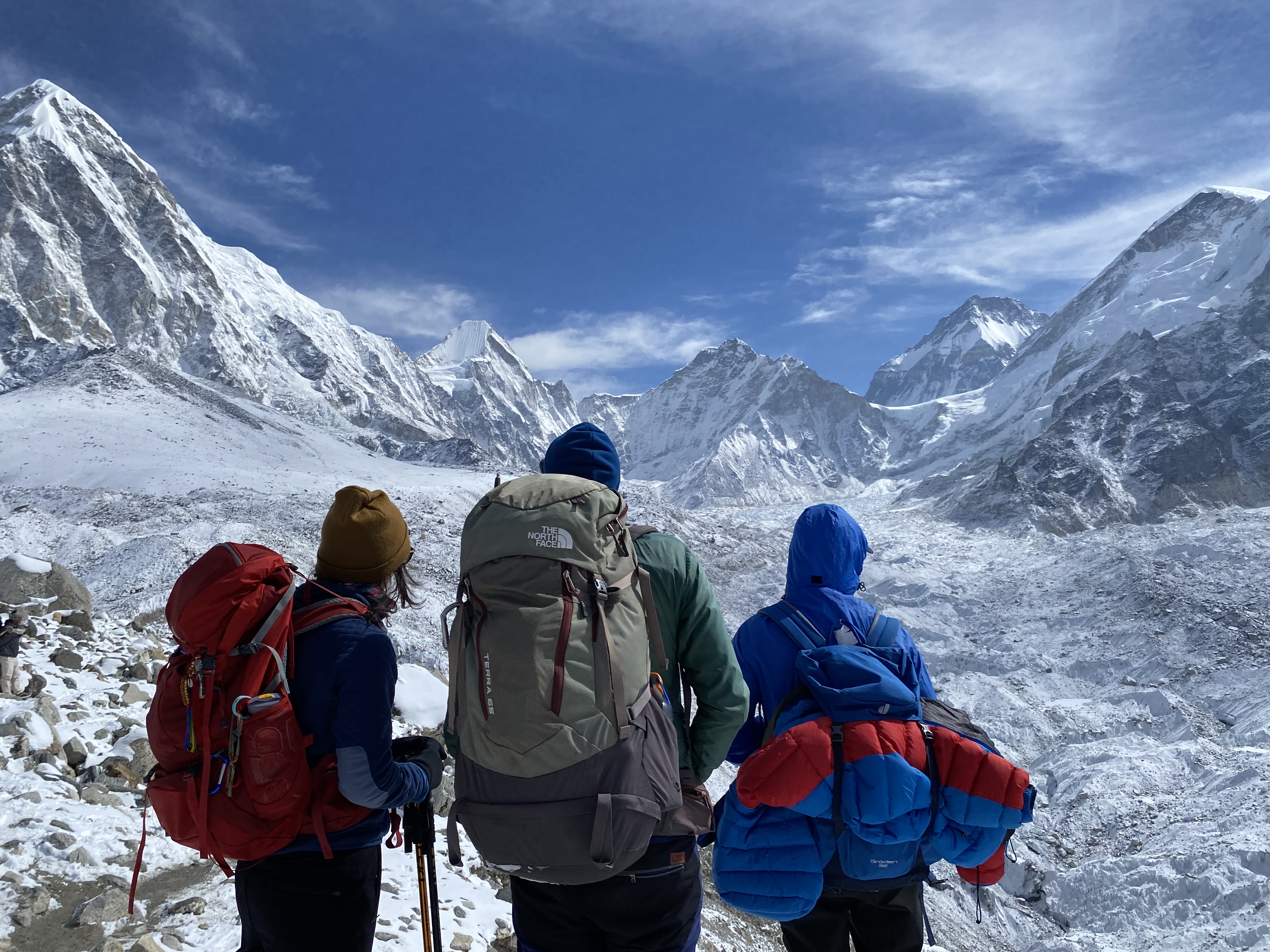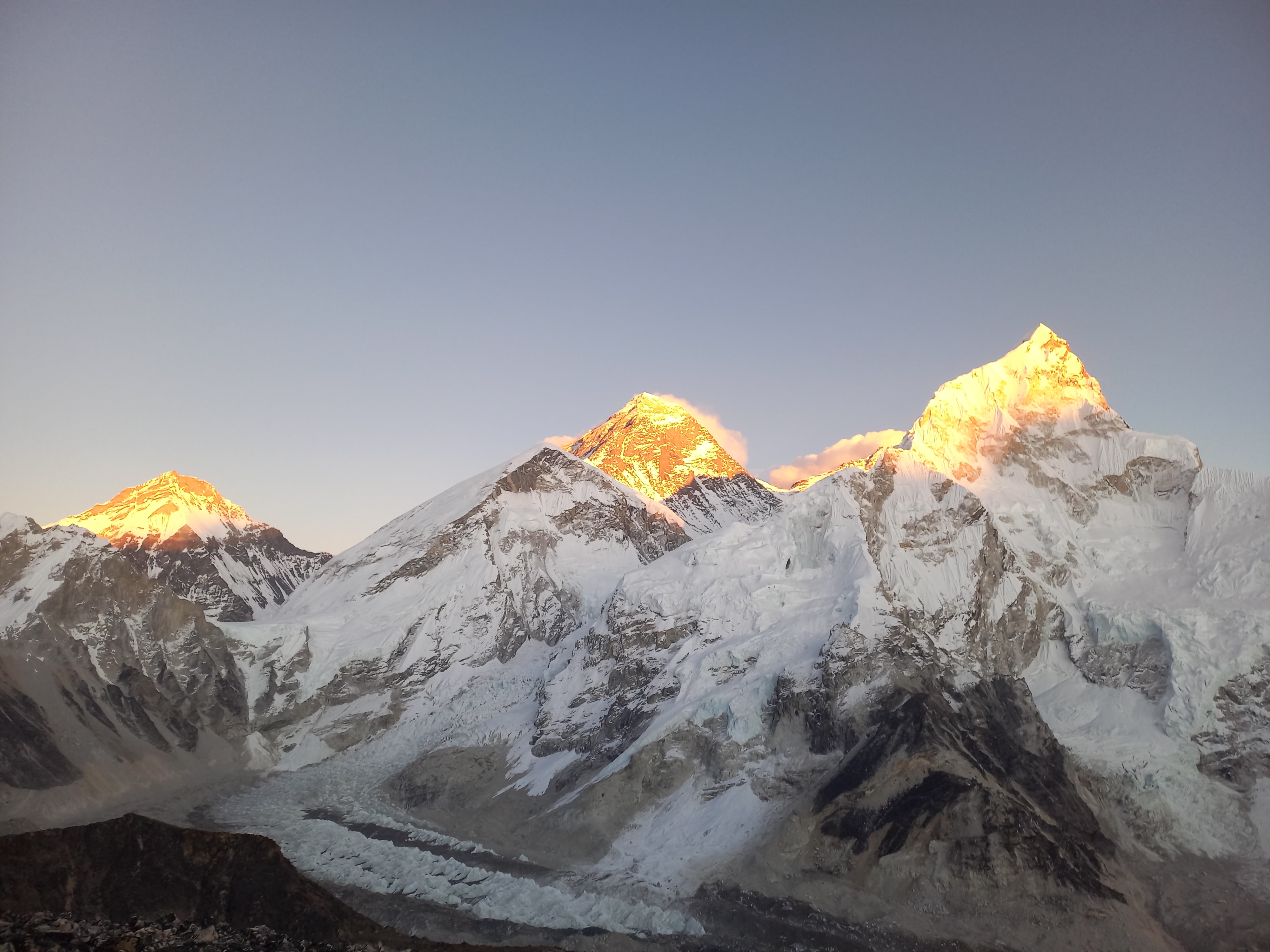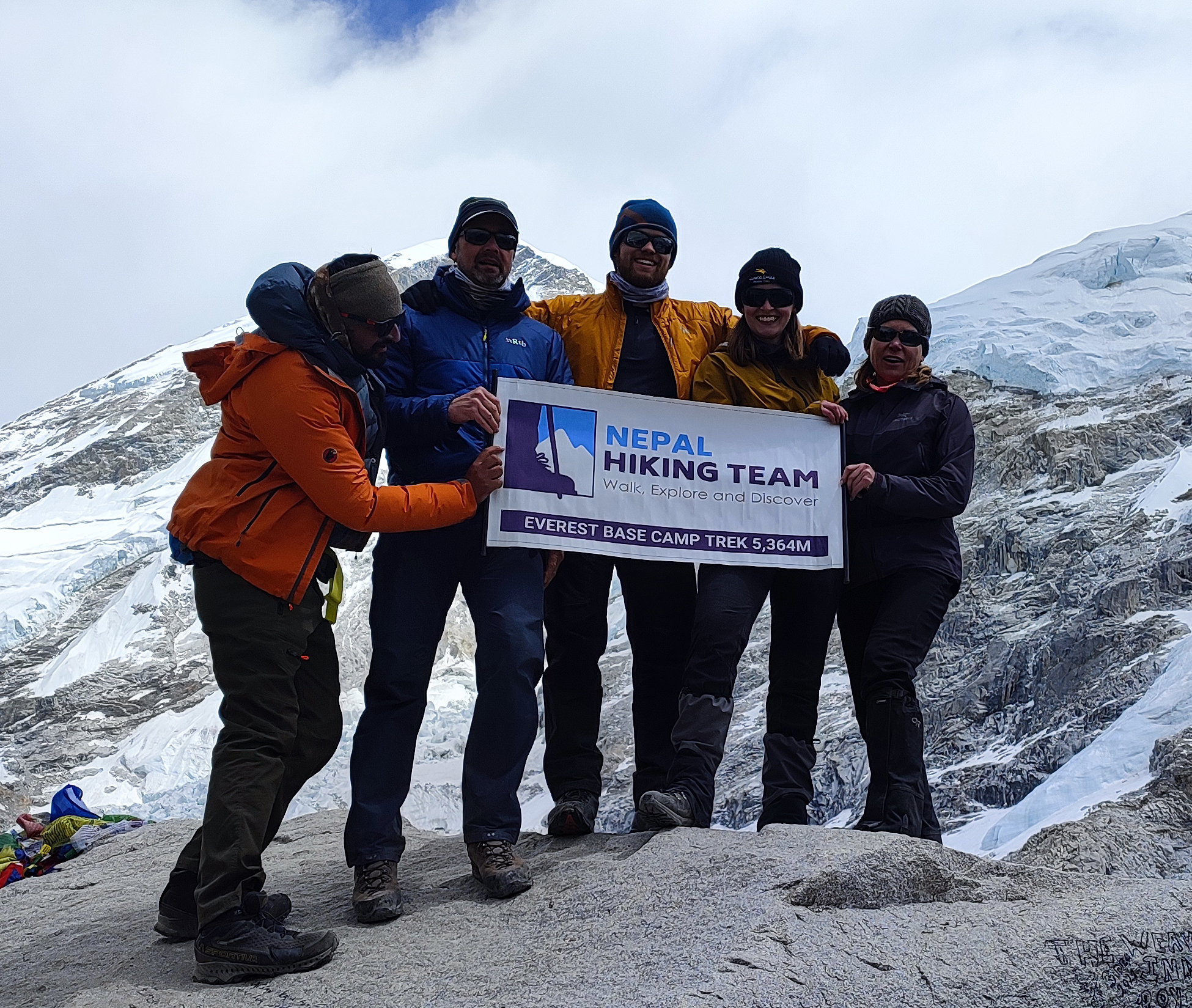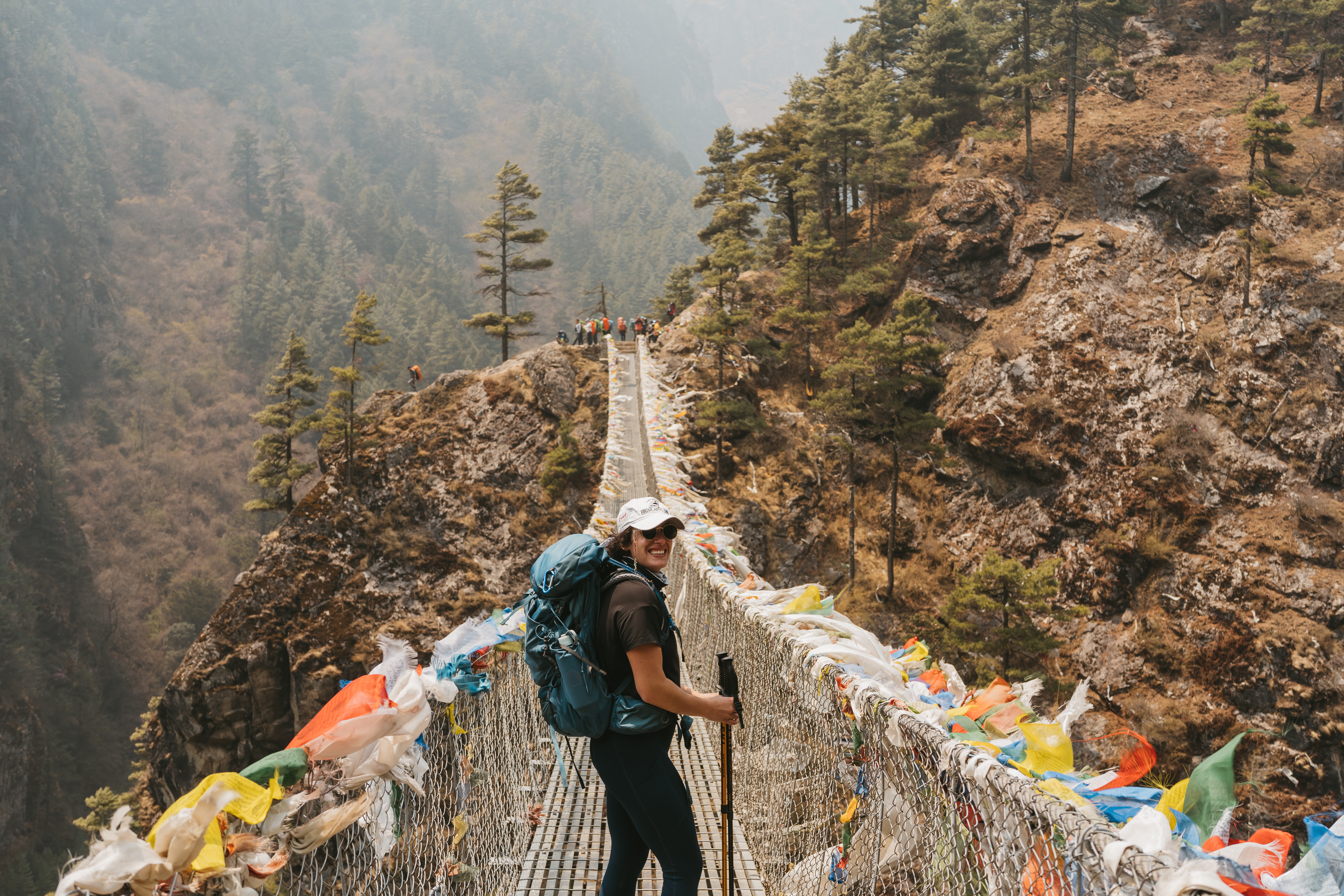Bagmati, Kathmandu, 30th November 2023, ZEX PR WIRE, The Everest Base Camp Trek stands as a pinnacle for adventure enthusiasts, offering breathtaking landscapes and a challenging trekking experience. As you gear up for this remarkable journey, it’s crucial to equip yourself not only with the right gear but also with the knowledge and preparation needed to ensure a safe and enjoyable expedition. Here, we delve into essential walking tips that cover everything from acclimatization practices to cultural etiquette, ensuring a holistic and successful Everest Base Camp trek.’

Acclimatization Practices
Altitude sickness is a real concern when trekking to high elevations. To mitigate this risk, prioritize acclimatization. Advise trekkers to follow a gradual ascent, spending extra nights at specific altitudes to allow their bodies to adjust. Educate them on recognizing symptoms of altitude sickness, such as headaches and nausea, and emphasize the importance of communicating any discomfort to their guides.

Choosing the Right Gear
Proper gear is paramount for a successful trek. Guide trekkers on selecting appropriate footwear for varied terrain, the significance of layering to adapt to changing weather, and the necessity of a comfortable backpack. Recommend checking the comprehensive gear list provided by reputable trekking agencies like Nepal Hiking Team.

Hydration and Nutrition
Staying hydrated and well-nourished is crucial for maintaining energy levels at high altitudes. Offer tips on water purification methods and suggest nutrient-rich, easily transportable foods. Encourage trekkers to carry snacks and stay vigilant about their fluid intake.

Physical Preparation
Preparing physically is essential for the challenging trek ahead. Advise on cardiovascular exercises, strength training, and potentially altitude training if possible. A well-conditioned body is better equipped to handle the physical demands of the trek.
Walking Techniques
Efficient walking techniques can significantly reduce fatigue during the trek. Share tips on pacing, using trekking poles for stability, and ensuring proper foot placement on uneven terrain. These techniques not only enhance endurance but also minimize the risk of injuries.
Navigating the Terrain
Different terrains present unique challenges. Offer guidance on safely navigating rocky paths, steep inclines, and high-altitude environments. Equip trekkers with the skills needed to confidently tackle diverse landscapes.
Mental Preparation
Long-distance trekking can be mentally taxing. Address the mental challenges and provide strategies for maintaining a positive mindset, even on difficult days. Encourage trekkers to embrace the journey, savor the moments, and celebrate small victories.
Cultural Etiquette
Respecting local culture is integral to a positive trekking experience. Provide insights into the customs and traditions of the region, advising trekkers on respectful interaction with local communities and sacred sites.
Environmental Responsibility
Promote environmental responsibility by emphasizing the ‘Leave No Trace’ principle. Guide trekkers on waste management, minimizing their environmental impact, and being conscious of their surroundings throughout the trek.
Safety and Emergency Procedures
Prioritize safety by discussing emergency procedures, the importance of travel insurance, and staying in contact with trekking groups or guides. Preparedness is key to handling unforeseen situations effectively.
By incorporating these walking tips into their preparation, trekkers can embark on the Everest Base Camp journey with confidence. These guidelines not only address the physical demands of the trek but also ensure a culturally respectful and environmentally sustainable adventure.